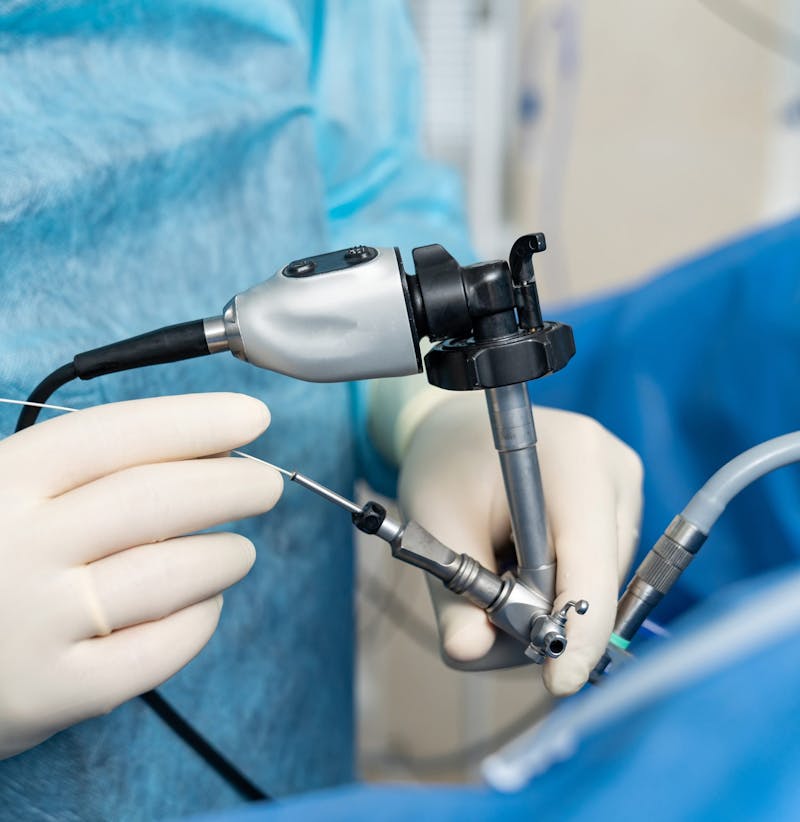
A published study in The Journal of the American Medical Association (JAMA) highlights the potential public health dangers posed by medical devices that undergo limited testing to determine their safety and effectiveness. In 2010 and 2011, there were 28 medical devices that received pre-market Approval (PMA). Manufacturers consider PMA the Food and Drug Administration’s (FDA) most rigorous approval process for medical devices before they allow them to sell on the market.
These devices require PMA because of their high risk. Also, they are not substantially similar to other medical devices already on the market. Once approved, they generally consider these devices Class III medical devices. It is very difficult for individuals injured by Class III medical devices to sue the manufacturer. This is because courts, including the United States Supreme Court in Riegel v. Medtronic, have held that individual claims are largely preempted by federal law. Our firm can represent many clients who have suffered injuries by Class III medical devices.
JAMA Study
The recent JAMA study brings into question how rigorous the PMA process really is. Of the 28 medical devices that received PMA by the Food and Drug Administration (FDA) in 2010 and 2011, most averaged two pre-market clinical studies. Only one of those two studies focused on the long-term safety and efficacy of the medical device in question. The JAMA study found that only 6 of these 33 post market studies successfully finished. The rigorous PMA process does not appear to be as complicated as advertised. This study questions the preemption arguments made for Class III medical devices that undergo PMA.
Experienced Medical Device Lawyers
As we have previously blogged, 99% of medical devices that are on the market do not even undergo PMA. The other 99% of medical devices clear through the 510K process that require zero pre-market clinical studies. All medical devices that Perdue & Kidd is litigating underwent the 510K clearance process, including transvaginal mesh, metal on metal hip implants, and Zimmer knee implants.
Finally, If you or a loved one has suffered a medical device failure, please contact the medical device litigation attorneys at Perdue & Kidd for a free consultation.


